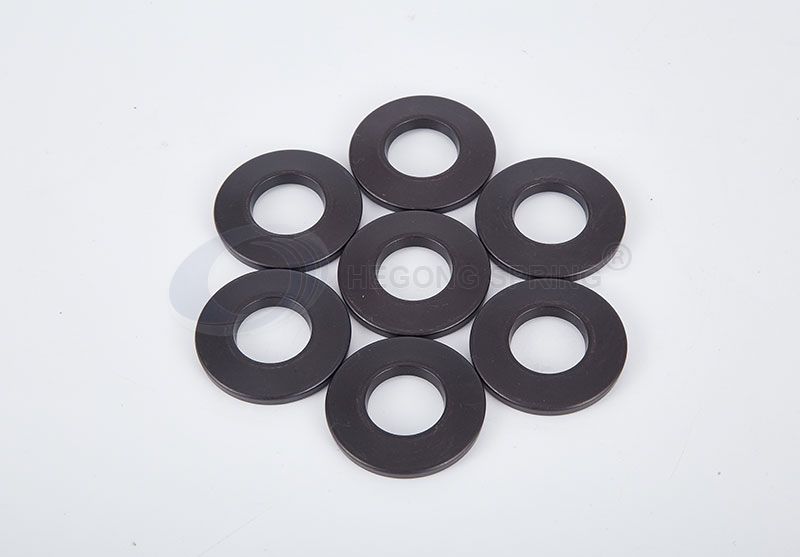Aug. 29, 2023
Hardware
Belleville washers, also known as conical spring washers or disc springs, are versatile components widely used in engineering applications for their unique ability to provide controlled tension, absorb shocks, and distribute loads evenly. The proper design and application of Belleville washers are essential to ensure optimal performance and longevity in various mechanical systems. In this article, we delve into crucial design considerations that engineers must take into account when integrating Belleville washers into their projects.
The choice of material for Belleville washer is a pivotal factor that directly impacts their performance and durability. These washers are commonly made from materials like stainless steel, carbon steel, and alloy steel. The selection of the material should be based on the specific application's requirements, including factors such as temperature, corrosion resistance, and load-bearing capacity. Engineers should carefully assess the environmental conditions and stresses the washers will be exposed to in order to make an informed material choice.
Understanding the load and deflection requirements of the application is crucial for selecting the appropriate Belleville washer design. Engineers need to determine the expected load that the washer will bear and the desired deflection under that load. This information aids in choosing the correct size and shape of the washer, ensuring that it will operate within its optimal deflection range and maintain the desired force.

The geometry of Belleville washer plays a critical role in their performance. The conical shape of the washer allows for even load distribution and controlled deflection. Engineers should consider the washer's outer diameter, inner diameter, and thickness when designing for specific applications. Additionally, the number of washers stacked together can influence the load-deflection characteristics, allowing for customization based on the application's requirements.
Belleville washers can be stacked in various configurations to achieve different load-deflection curves and force characteristics. Engineers must carefully assess the stacking arrangement based on the desired outcome. Series stacking increases the deflection while maintaining the load, whereas parallel stacking increases the load-carrying capacity while keeping the deflection within limits. Proper selection of the stacking arrangement ensures that the washer system meets the performance expectations.
Applying preload is a common practice in engineering applications where Belleville flange washers are used. Preloading involves compressing the washer to a certain percentage of its deflection range to ensure that it remains under tension even during variations in load. Engineers must account for stress relaxation over time, as the washer may experience a reduction in preload due to material relaxation. Compensating for stress relaxation is essential to maintain the washer's performance over its operational lifespan.
Temperature variations can significantly impact the behavior of Belleville washers, especially if different materials are involved. Engineers must consider the coefficient of thermal expansion of the washer material to prevent undesirable changes in force or deflection due to temperature fluctuations. Thermal effects can alter the washer's preload, potentially affecting the system's overall functionality.
In applications involving dynamic loads or cyclic loading, engineers need to consider the fatigue life and endurance of Belleville washers. Factors such as material fatigue strength, stress levels, and the number of loading cycles must be analyzed to ensure that the washers can withstand the anticipated operational conditions without failure. Proper design and material selection can greatly enhance the washer's fatigue resistance and longevity.
Belleville washers are remarkable components that offer exceptional benefits in engineering applications. To fully capitalize on their advantages, engineers must meticulously consider various design factors, including material selection, load and deflection requirements, geometry, stacking arrangements, preload, thermal effects, and fatigue considerations. By thoughtfully addressing these aspects, engineers can ensure the optimal performance, reliability, and longevity of HEGONG Belleville washer in their mechanical systems.
Previous: Maintenance Of Explosion-Proof Tool
If you are interested in sending in a Guest Blogger Submission,welcome to write for us!
All Comments ( 0 )